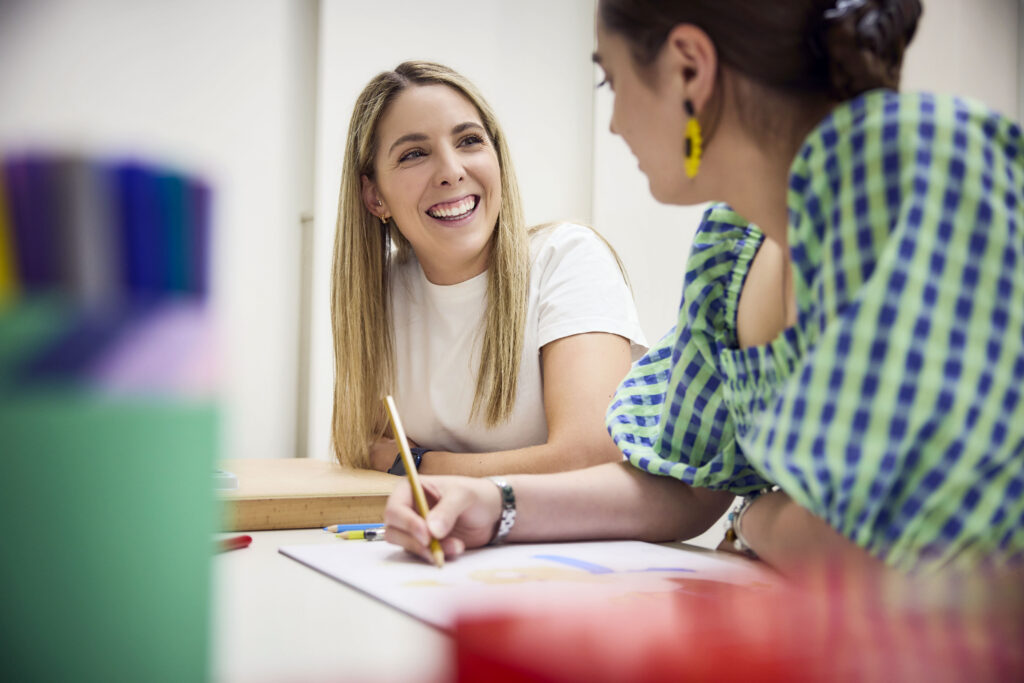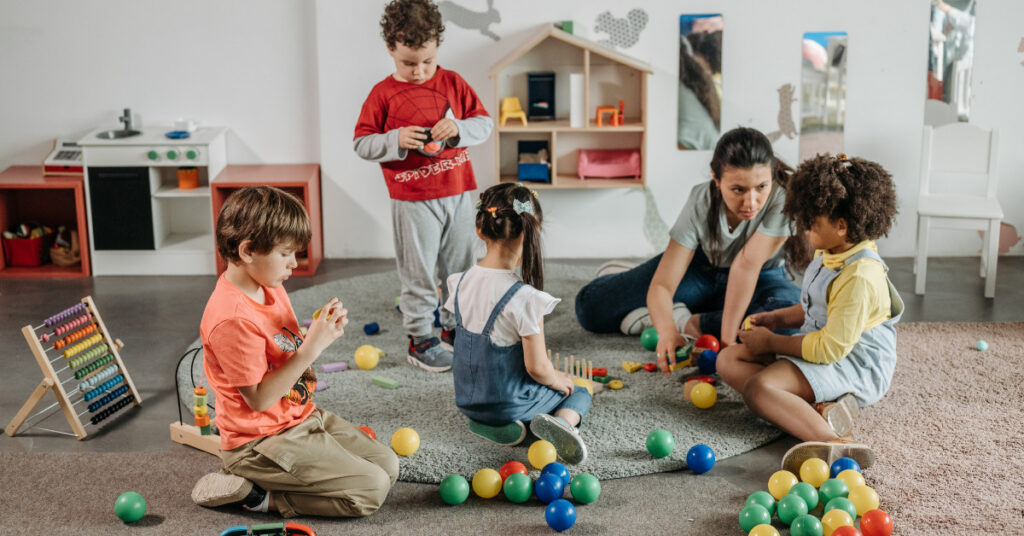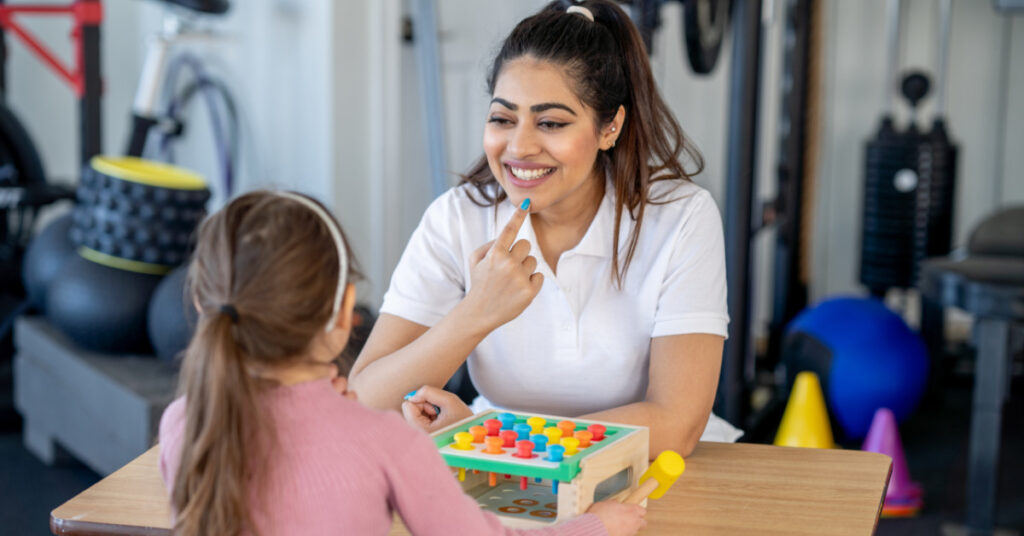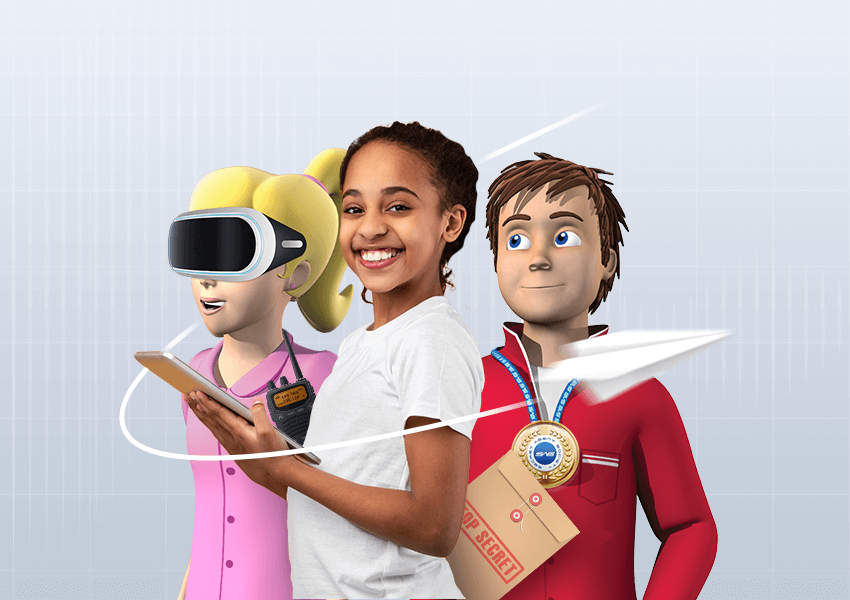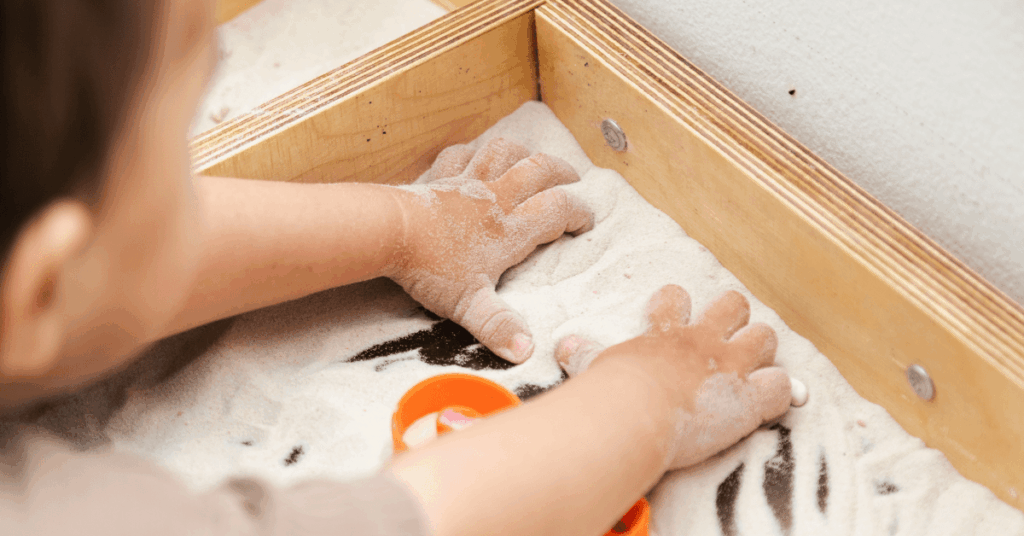How do you teach empathy to kids?
Empathy is one of the most important emotional tools we have as human beings.
The ability to empathise is not only a critical skill for socialising and building relationships, but it’s also essential in promoting cohesive societies.
As children grow and develop, they begin to learn these skills naturally.
As adults, we can help them on the journey to develop into well rounded and emotionally sensitive people.
What is empathy?
Empathy is the ability to understand and feel what others are feeling, it values another person’s perspective and allows space for it.
Another way of understanding empathy is by comparing it to sympathy.
When you sympathise with someone or something, you are understanding what it might be like for that person to go through a hard time.
Empathy is the ability to connect and show compassion on a deeper level with that person as they go through certain emotions or experiences.
Empathy and young children
Children aren’t born with an understanding of empathy.
As young children experience new things, they are often concerned with their personal reactions and emotions.
But that doesn’t mean that children can’t start learning and experiencing empathy.
It’s completely normal for children to go through a self-centred phase as they reconcile their own wants and needs with the wider world.
Teaching empathy to kids is important for their development and the development of their friends and others around them.
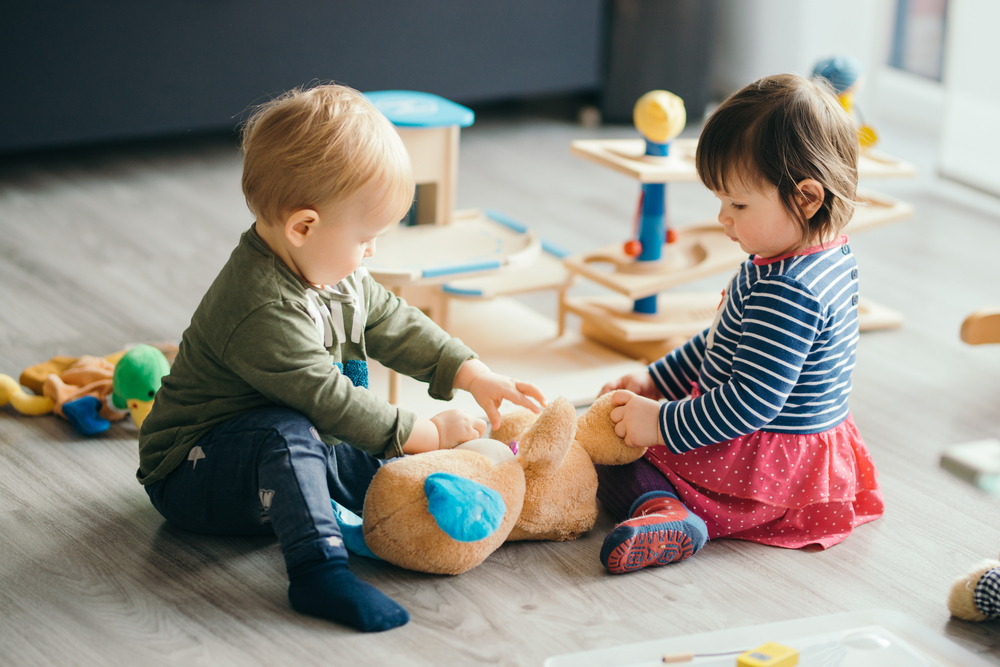
Why is it important in a child’s development?
Children growing up are exposed to many new sensory and emotional experiences.
Empathy is an essential skill to build. Which is why empathy should play an important role in your child’s development:
- Empathy helps build strong relationships. Empathy is a tool that connects people with each other via shared experiences and emotions. Children who can begin empathising with others are able to better connected and maintain friendships as they grow older.
- Empathy builds acceptance and emotional intelligence. Children who learn to empathise can better accept others as they are. By stepping into the shoes of another, you’re also able to better connect with others who might look and think differently.
- Empathy reduces the chance of bullying at school. Schools can be tough places for children, and empathy is critical when it comes to socialising with others. Empathy skills are important for children who may need a helping hand when it comes to socialising with others their age.
- Empathy encourages stronger mental health. Empathy as a social skill is also very important in maintaining good mental health and happiness. Parents should also note studies also show that overly empathetic children can also suffer from anxiety.
When do kids start developing empathy?
While toddlers may not show signs of empathy at first, it doesn’t mean they are not capable of feeling empathy at an early age.
Studies show that toddlers gain different levels of empathy over time:
- Affective – ability to feel and show concern for others
- Cognitive – ability to take another’s perspective or viewpoint
- Behavioural – motivation to act in certain ways in social situations
A child’s ability to regulate emotions, their verbal communication skills and the parenting style can affect the development of empathy and empathetic behaviour.
They typically start showing signs of behavioural empathy around two years of age, while some may start a little later.
How to teach your kids empathy
Teaching empathy to kids can be simple.
As a parent or caregiver, there are several strategies you can use to nurture empathy in your children:
- Model the behaviour you want to see. From the moment they enter the world children are soaking up every last detail around them. If you’re modelling empathetic behaviour, chances are your child will follow suit.
- Assist your child in understanding and talking about feelings and negative emotions. Emotional literacy is an important tool in developing empathy. Once children can begin to understand their own feelings, they can start to relate to others.
- Help your child begin to gain awareness of other people’s feelings and perspectives – particularly why they might be feeling a certain way. This will enhance emotional literacy and empathy.
- Encourage your child to care for animals or plants at home. This can generate a healthy awareness of what other living things may be feeling or experiencing.

How to support your child in the early years
If you’re interested in learning more about how to support your child as they grow and develop, Early Start can help.
Our team of professional therapists and child behaviour specialists deliver important support to families across the country.
Our friendly team is available to answer any questions you may have and when you’re ready, reach out to Early Start to book an appointment.




